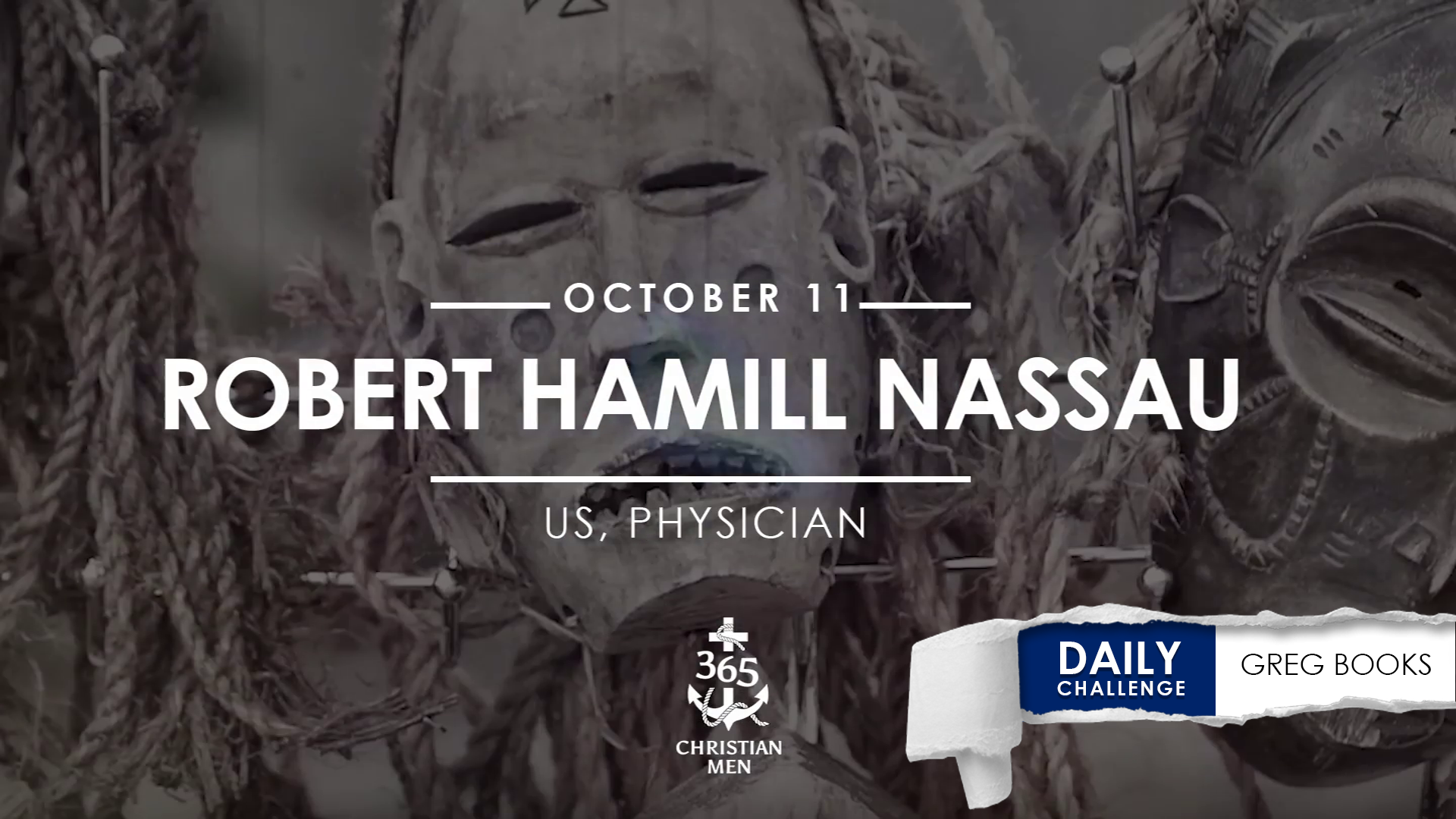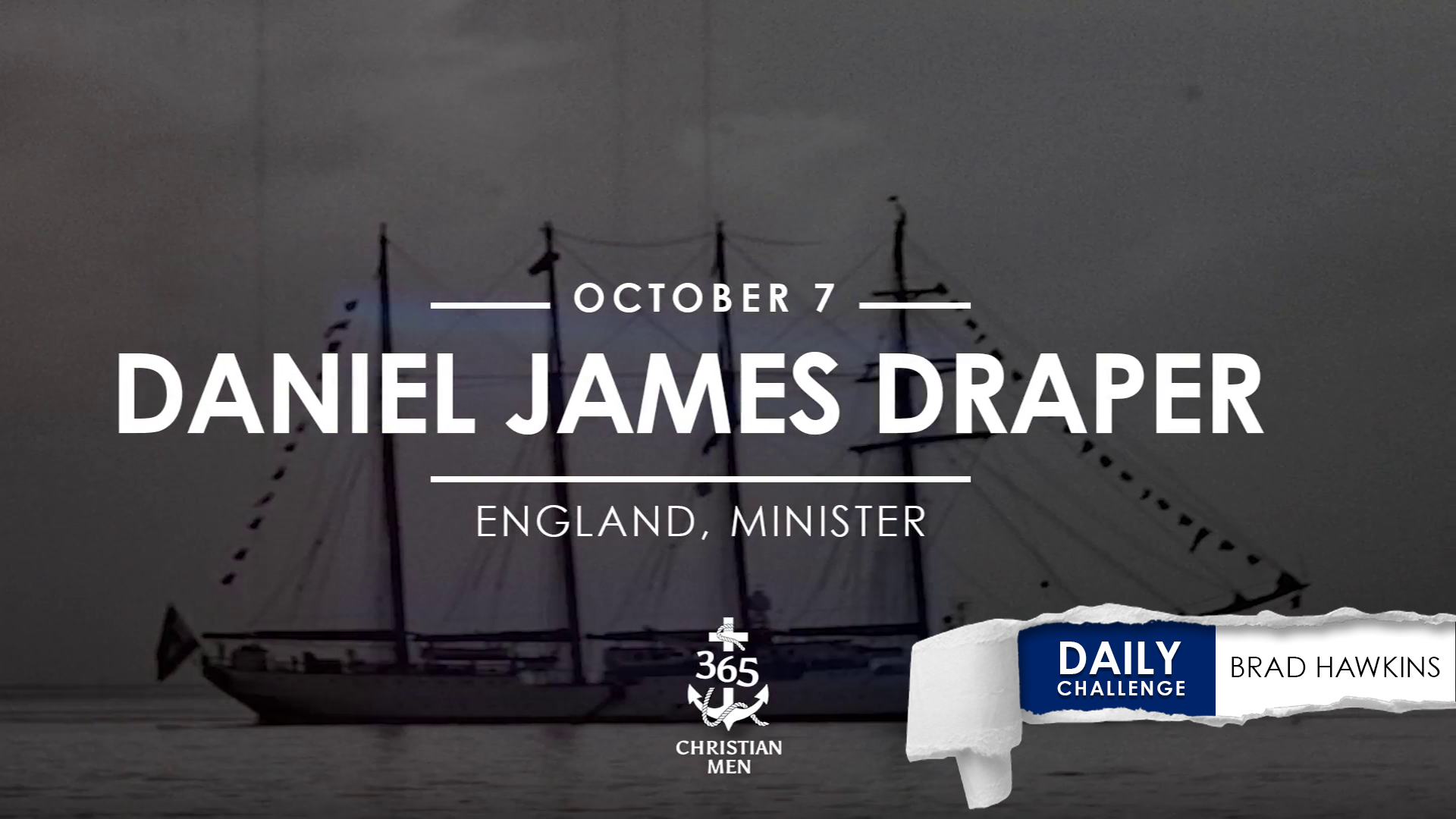October 13. Abraham Kuyper. When Abraham was a boy, people thought him dull-witted, but he graduated university with honors and went on to earn a doctorate in theology. He was Prime Minister of the Netherlands and founded the Free University of Amsterdam, where he also served as president and professor of theology.
He established the Reformed Churches in the Netherlands and became editor-in-chief of De Standaard. On this date in 1898, Abraham lectured on Calvinism at Princeton Theological Seminary. But he still had things to learn. Here’s the story.
Tradition can lead to stubborn thinking, but humility opens the way to the truth.
Abraham was a brilliant man—valedictorian in high school and summa cum laude university graduate—but as a young man, he had gotten hold of some false teaching.
Soon Abraham became the pastor of a village church in the Netherlands. Most of the church members were well taught in the Scriptures. They believed the Scriptures to be absolute truth and that every human being is in desperate need of God and His grace.
As the pastor, of course Abraham wanted to get to know his parishioners, so he visited them at their homes. One day, he visited a thirty-year-old woman, and he offered her his hand, but she refused to shake it.
He was a little taken aback, but he didn’t stop visiting her. He thought that eventually she would shake his hand. And soon she did.
But she never shook his hand without telling him exactly what she thought of him. She would shake his hand not because he was a brother in Christ, she told him, but rather she would do so because he was a fellow human being.
A fellow human being, but not a brother in Christ? He was, after all, the preacher of that congregation. Touched by this young woman’s sincerity, Abraham continued to visit her. She spoke honestly to him about his beliefs—the false teachings he had always held to, told him he was preaching a false doctrine and persuading others not to believe the truth of the Scriptures. He listened and humbly returned to her home again and again. She impacted his beliefs, his thoughts.
He took another look at his own heart and his own beliefs, and he realized they were void of something, and the more he spoke to this young woman and other parishioners like her, the more he came to the conclusion that instead of him teaching them something, they were teaching him.
God used these meek followers of Jesus to show him a new thing and to lead him to the truth of the Scriptures and the truth of who God is, and with that came a realization that Abraham needed God—Abraham couldn’t live without God.
This stayed with him for the rest of his life, and it’s sown like life-giving seed throughout his hundreds of lectures, essays, devotionals, and other writings that can be read and studied today.
“Humble yourselves before the Lord, and he will lift you up in honor” (James 4:10 NLT).
The conviction of the Holy Spirit can lead us into all truth, if we’re willing to listen. And tradition can lead to stubborn thinking, but humility opens the way to the truth.
Heslam, Peter S. Dallas Baptist University. “Fact Sheet on Abraham Kuyper.” Accessed July 6, 2020. https://www3.dbu.edu/naugle/pdf/FactSheet_Abraham.pdf.
Hanko, Herman. Portaits of Faithful Saints. “Chapter 50 Abraham Kuyper: Dutch Calvinist.” Jenison, Michigah: Reformed Free Publishing Association, 1999. Accessed July 6, 2020. http:// www.prca.org/books/portraits/kuyper.htm
Jackson, Wayne. “What Is Modernism?” ChristianCourier. Accessed July 6, 2020. https://www.christiancourier.com/articles/299-what-is-modernism.
Kraby, Clayton. “The Five Points of Calvinism – Defining the Doctrines of Grace.” Reasonable Theology. Accessed July 6, 2020. https://reasonabletheology.org/five-points-calvinism-defining-doctrines-of-grace/.
Story read by: Peter R Warren, https://www.peterwarrenministries.com/
Introduction read by: Daniel Carpenter
Audio production: Joel Carpenter
Editor: Teresa Crumpton, https://authorspark.org/
Project manager: Blake Mattocks
© 2020, 365 Christian Men, LLC. All rights reserved.














